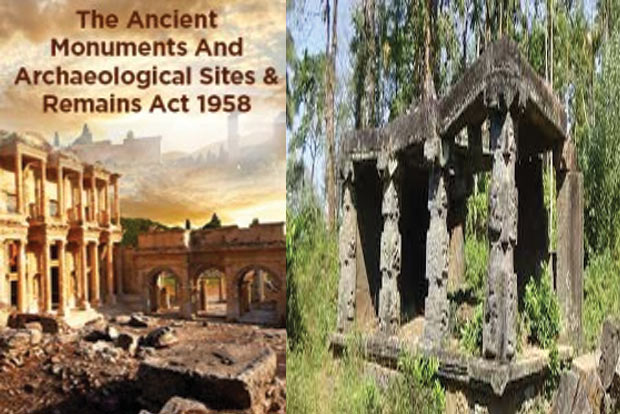Begin typing your search...
Chengalpattu Jain Beds to be declared protected sites
To protect the archaeologically important Jain Beds that date back to the 8th century at Onampakkam village in Chengalpattu, the State Tourism department has decided to declare it as a ‘protected site’.

Chennai
The move to declare it as protected site under the Tamil Nadu Ancient and Historical Monuments and Archaeological Sites and Remains Act came after concerns were raised about indiscriminate mining in and around the area.
Excavated in 1970, the ancient site where Jains lived in the 8th century has six rock beds which have Tamil Grantha inscriptions.
A senior official from the Tourism Department told DT Next that several complaints and representations came from the Tamil Nadu Jain Federation to stop granite quarrying in the hills of Onampakkam where the ancient Jain site is situated.
“In addition, local tourists’ inflow to the site has increased in recent years. Therefore, it has been decided to protect the site as per the Act so that no activities such as quarrying and construction would take place in and around the region,” he added.
Stating that inscriptions in the hill date back to the Pallava king’s reign in the mid-700 CE, the official said the site was once an important place of Jains. Apart from the Jain community, many historians had sent feedback to the government stressing the importance of protecting and preserving the excellent rock works by declared it as a protected site, the official said.
“The government’s decision to convert the elephant statue into a protected monument would be published in the State government gazette,” he said, adding that an official order would be issued to carry out work to give the site a facelift.
Once officially declared as protected site, the area extending to a distance of hundred metres in all directions would be prohibited for public entry.
“Undertaking construction activity within the prohibited area without prior permission of authorities concerned under the Act would result in penal action,” he said.
Visit news.dtnext.in to explore our interactive epaper!
Download the DT Next app for more exciting features!
Click here for iOS
Click here for Android
Next Story



